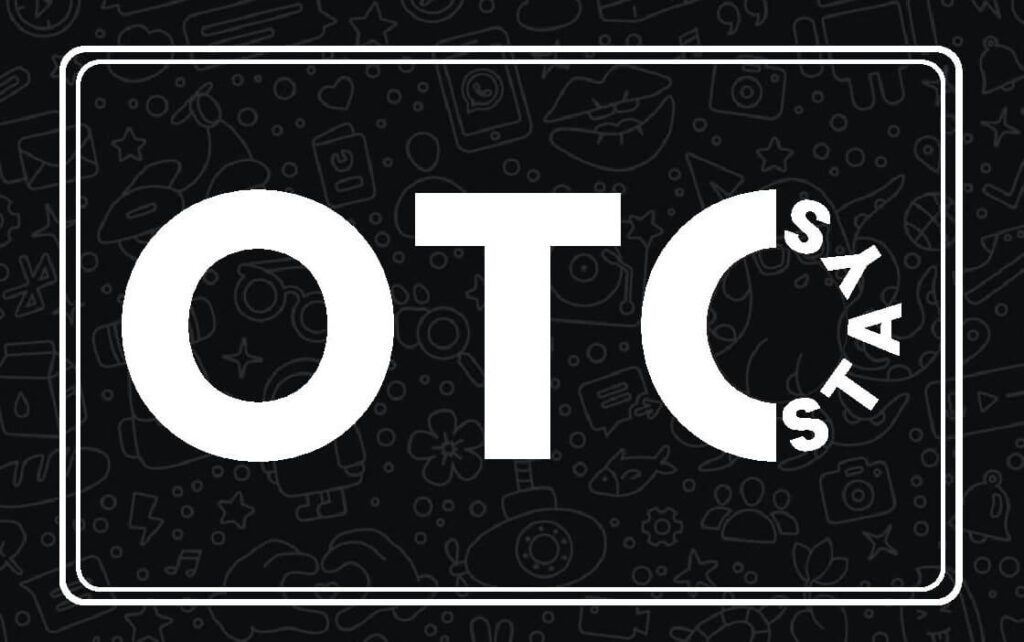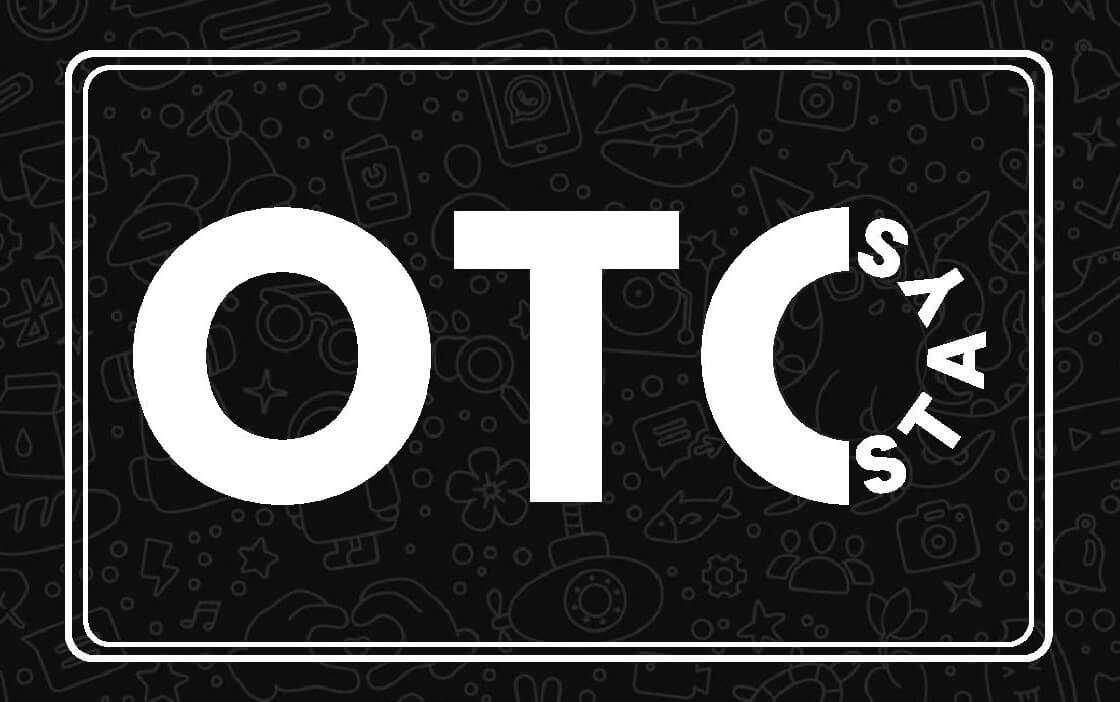
A Handbook for Adhd Treatments from Beginning to End
 Untreated ADHD in Adults
Untreated ADHD in Adults
Untreated ADHD in adults is a disorder that causes serious issues with the lives of many people today. There are a number of different symptoms associated with this disorder, like hyperfocus, loss of focus, emotional dysregulation and reckless behavior. The good thing is that it’s possible to treat the disorder. However, it requires some understanding of the disorder before you can begin treatment adult adhd.
Self-esteem issues
Self-esteem is a key factor in ADHD treatment. If a person has low self-esteem, he or she will be less likely seek treatment, improve, or receive support from a therapist or coach. This article will examine how ADHD can affect self-esteem negatively and provide an overview of studies that offer intervention.
Research has proven that people who suffer from ADHD are more likely to have low self-esteem than others. They tend to avoid stressful situations and have less resilience. They may experience anxiety, stress, and disorganization that can have adverse consequences.
Self-esteem is defined as a positive attitude towards oneself. A high self-esteem is associated with perseverance and higher job satisfaction. The presence of a high self-esteem can lead to more social relations.
Research has shown that ADHD children have lower self-esteem than the average child. However, research has shown that children with ADHD who have higher self-esteem experience fewer symptoms than those who have less self-esteem.
ADHD adults have high levels in emotional dysregulation and difficulty controlling their emotions. They may also have difficulties managing their lives, which is a major factor in the development of the disorder.
Additionally, there are many research studies that focus on intervention and cross-sectional study of the relationship between self-esteem and ADHD. Self-esteem is an ongoing process. It fluctuates based on feedback and achievements.
Problems with relationships
Undiagnosed ADHD can have a negative effect on relationships. Adults with ADHD are less likely to have long-term partners. This can result in separation. It can also lead to unexpected stresses in marriages.
There are some things you can do to help an adult with ADHD who has not yet been diagnosed. First, you need to find out about the other’s experiences.
For example, if you have observed that your partner has difficulty with simple tasks, you may consider taking some time to discuss why he or isn’t able to complete them. You may be unknowingly ignoring something that could benefit both of you.
In the same way, if your partner has undiagnosed ADHD Perhaps you’ve noticed that he or she does not seem to have a lot of interest in your family or your friends. Despite your best efforts to make your partner feel special, he or she may not display the same level concern.
Troubles can also result from the relationship between an ADHD partner who isn’t diagnosed. These include inattention, hyperactivity, and the tendency to be impulsive.
Fortunately, there are some coping strategies that can assist. You will need to be willing and able to continue to support your partner, regardless of the opinions of others.
While ADHD can be a source of stress within relationships, it’s not difficult to make the most of it. Honesty open communication, transparency, empathy, and compassion are the most important factors to aid you in achieving this.
Hyperfocus
adult treatment for adhd ADHD can be a significant problem if it’s not treated. Adults with ADHD struggle with managing their daily responsibilities and might even skip important appointments with their doctor. It can also cause problems in relationships, school, and work.
Fortunately, a lot of symptoms of untreated ADHD can be managed with medication. You can also try therapy to learn to manage your symptoms.
One of the symptoms of untreated ADHD in adults is hyperfocus. This is a form of concentrated focus that lasts for a period of time or for a whole day. It usually occurs because of an interesting subject. If you can use it for a productive purpose, it could be very beneficial.
Hyperfocus is used to great advantage by scientists, artists as well as writers. Hyperfocus can be distracting. So, you should be cautious when doing these things.
For instance, you should reduce your time on video games. You might be addicted to these games and wish to limit your time.
Avoid monotony to aid in hyperfocusing. Whether you’re doing mundane work or watching TV, or hanging out with your friends, monotony can take your focus off of the task at hand.
Try mindfulness meditation to help you manage your hyperfocus. Many websites and apps offer guided meditation exercises.
Another great tool is the timer. Set a timer when you’ll need to complete certain chores.
Lack of focus
ADHD is often caused by a lack of ability to concentrate. It can create lots of stress and difficulties with everyday activities. However, there are ways to improve your focus.
One option is to break a project down into smaller steps that are easier to manage. For example, you could make a list of steps, then divide each step into several small ones. This will ensure that you are on the right track and prevent you from losing important things.
Another way to be successful is to take breaks throughout the course of. Avoid taking on large projects in one go. If you do, you are more likely to lose interest and lose important details.
In addition to preventing yourself from omitting crucial elements of a project Additionally, you will be able to quiet distracting thoughts. Notepads are another great tool.
People often lack focus due to their neurodevelopment. Because their brains aren’t formed properly, it can cause delays in their development. These delays could lead to problems with physical and mental health.
ADHD adults are more likely to experience anxiety and depression. They are easily distracted, and they may have an impulsive behavior. Many adults who are not diagnosed with ADHD suffer from poor self-esteem.
This is why many adults with ADHD turn to risky behavior, such as alcohol abuse. They are also at higher risk of car accidents and accidents.
Dysregulation of the emotional system
ADHD is a term used to describe emotional dysregulation. In fact, it has been associated with ADHD in a variety of epidemiological studies. It is complex and involves many neurocognitive processes and genetic factors.
It isn’t difficult to identify the connection between ADHD and emotion dysregulation. Numerous studies have been conducted in the past decade to identify the most important components of ADHD.
One of the most fascinating aspects of ADHD’s emotion dysregulation is the fact that it is linked to developmental processes. For instance, a new study of 395 unirritable emotionally dysregulated children with ADHD found that the rate of depression was significantly higher. This finding suggests that emotional dysregulation could result from cognitive processes.
ADHD people may have difficulty managing their emotions due to the fact that their brain is less sensitive to emotion. Fortunately, psychostimulant medications like atomoxetine have been discovered to be effective in reducing symptoms of emotional dysregulation. However, there is a lack of evidence that supports the use of an antipsychotic medication that is atypical.
In light of the increasing interest in the relationship between emotion dysregulation and ADHD this is an ideal time to review this sign. Research is currently underway to better understand the causes.
Emotion dysregulation and adult treatment For adhd ADHD are not separate disorders anymore. There is a new category called emotion dysregulation and ADHD. The overlap between these two disorders is significant.
Reckless behavior
Adults who suffer from untreated ADHD are more likely to engage in reckless behavior. Alcohol, gambling, and sexual activity that is not properly protected are all examples of risky behavior. These types of behaviors can result in serious consequences and pose an immediate threat to the safety of the sufferer and others who are around them.
Fortunately, treatment is available to individuals with ADHD and their families. Treatment may include medication and behavioral therapy. It also focuses on the development of anxiety control, impulse control as well as other aspects of ADHD. Patients with untreated ADHD will be better able to manage their daily tasks more effectively and make better use their time by developing their skills.
The tendency to be impulsive is among the most serious symptoms of ADHD in adults. Impulsivity can be defined as the inability to plan ahead and evaluate the implications of one’s actions. People with ADHD are known for their careless mistakes, such as being unable to retrieve their belongings or not completing tasks. They often abandon meetings and projects without completing them.
Hyperactivity is another typical sign of ADHD that goes untreated. This may occur in young children and is often difficult to manage in an Adult Treatment For Adhd setting. You might have difficulty being still, difficulty paying attention to specifics or excessive motor activities.
In addition to impulsivity, people with ADHD are often criticized for making impulsive mistakes at work. People with ADHD might also have issues in emotional regulation and experience difficulties managing stress.
The link between symptoms of ADHD and risky behavior adult Treatment for adhd has not been studied thoroughly. This question is currently being researched. However, early intervention can help prevent more serious symptoms forming later in adolescence.
